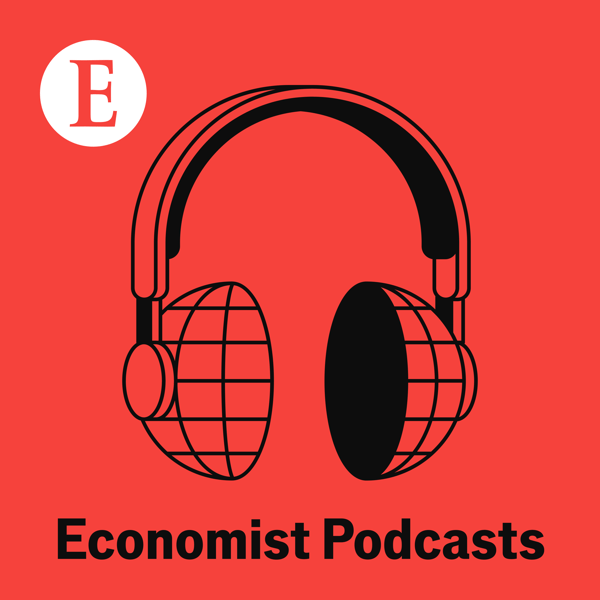Herman Pontzer: what people get wrong about metabolism
Economist Podcasts
The Economist
4.4 • 4.9K Ratings
🗓️ 30 April 2025
⏱️ 35 minutes
🧾️ Download transcript
Summary
Do you run, cycle or swim to lose weight? Herman Pontzer, an evolutionary anthropologist who specialises in understanding how humans use energy, thinks you’re probably wasting your time. His idea of the “exercise paradox” suggests that the amount of energy people use in a day is constrained (by evolution) and that exercising more doesn’t end up burning more calories. Figuring out why our bodies work like this is part of Prof Pontzer’s bigger project to map out and better understand how evolution has shaped variations in human biology.
Hosts: Alok Jha, The Economist’s science and technology editor. Contributor: Herman Pontzer, professor of evolutionary anthropology and global health at Duke University and the author of “Burn” and “Adaptable”.
Transcripts of our podcasts are available via economist.com/podcasts.
Listen to what matters most, from global politics and business to science and technology—subscribe to Economist Podcasts+.
For more information about how to access Economist Podcasts+, please visit our FAQs page or watch our video explaining how to link your account.
Hosted on Acast. See acast.com/privacy for more information.
Transcript
Click on a timestamp to play from that location
| 0:00.0 | The Economist. This week we'll be talking about the human body, in particular how the body uses energy. |
| 0:13.0 | I'm going to be speaking with a researcher who I've been fascinated by for a very long time. |
| 0:18.3 | To explain why, I'll need to take you back to my childhood. |
| 0:23.4 | Now, I was a pretty healthy but also pretty chubby kid, and for as long as I've had control |
| 0:28.9 | over what I eat, I'm talking about after leaving home here, I've been hyper aware of ways to |
| 0:35.0 | keep my weight and various edible temptations at bay. |
| 0:39.8 | So I followed various fad diets over time, including at one point the original |
| 0:44.4 | low-carb Atkins diet. And I've also spent a lot of time in gyms. On exercise bikes, cross-trainer's, |
| 0:51.3 | I even tried out a spin class once and ended up vomiting straight |
| 0:56.1 | afterwards. Never doing that again. Sometimes these diet and fitness regimes worked, but mostly |
| 1:03.6 | they didn't, because they were so hard to stick to. I did plow on though because through years |
| 1:10.0 | as a science and health writer and speaking to |
| 1:12.4 | many, many scientists, I had learned that to stay healthy involved watching what you eat |
| 1:17.9 | and also making sure to move around a lot more. That was the science that had been ingrained into me. |
| 1:25.1 | The only thing that mattered if you wanted to maintain healthy weight |
| 1:29.0 | was calories in versus calories out. Aerobic exercise, running, cycling, swimming, |
| 1:37.2 | these were the best ways to increase the second half of that equation. Then I came across Herman Pzer's work, and it kind of blew my knowledge of human metabolism apart. |
| 1:50.0 | His research is all about understanding how and why human bodies use energy in the way that they do. |
| 1:57.0 | He'd spent several years living with and studying the Hadza people, a hunter-gatherer community |
| 2:03.2 | in Tanzania. |
| 2:04.8 | And through them, he'd discovered something remarkable. |
| 2:08.9 | To our shock, it was really indistinguishable the number of calories being burned if you're |
... |
Please login to see the full transcript.
Disclaimer: The podcast and artwork embedded on this page are from The Economist, and are the property of its owner and not affiliated with or endorsed by Tapesearch.
Generated transcripts are the property of The Economist and are distributed freely under the Fair Use doctrine. Transcripts generated by Tapesearch are not guaranteed to be accurate.
Copyright © Tapesearch 2025.

